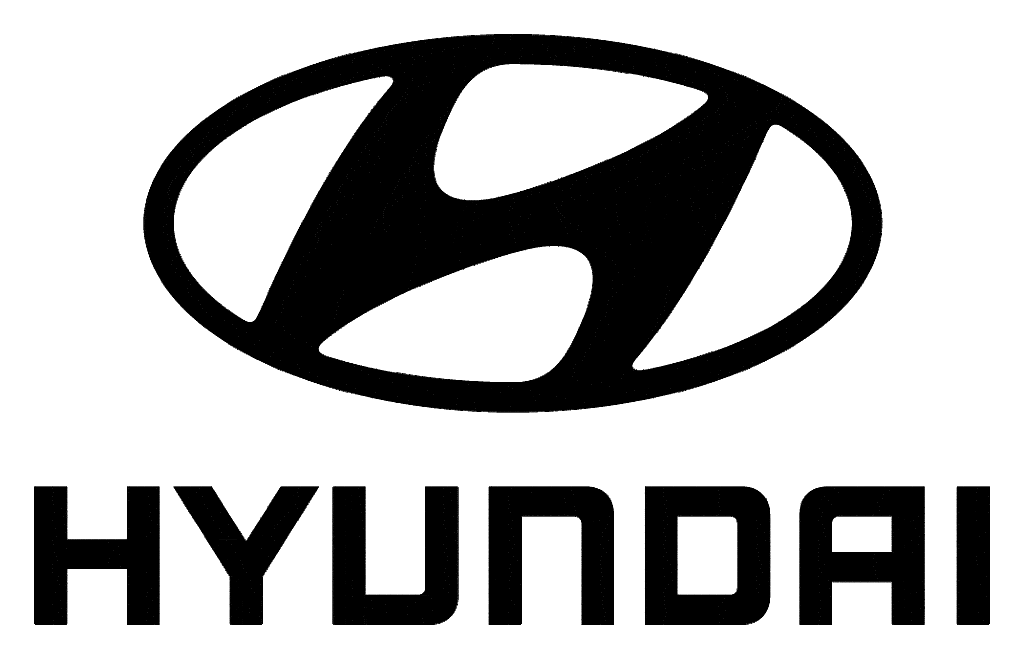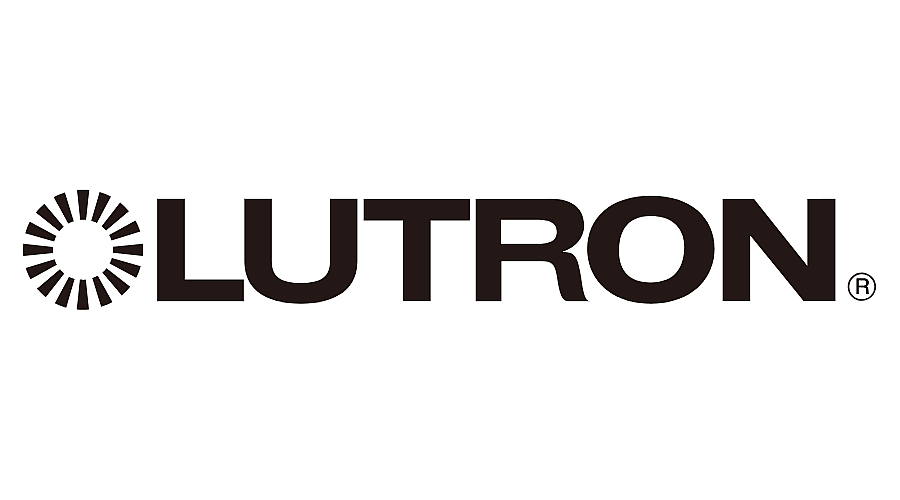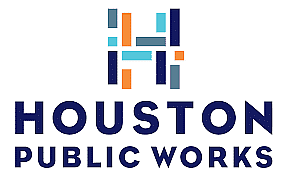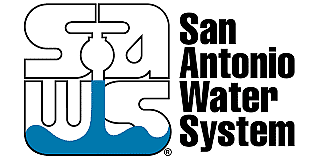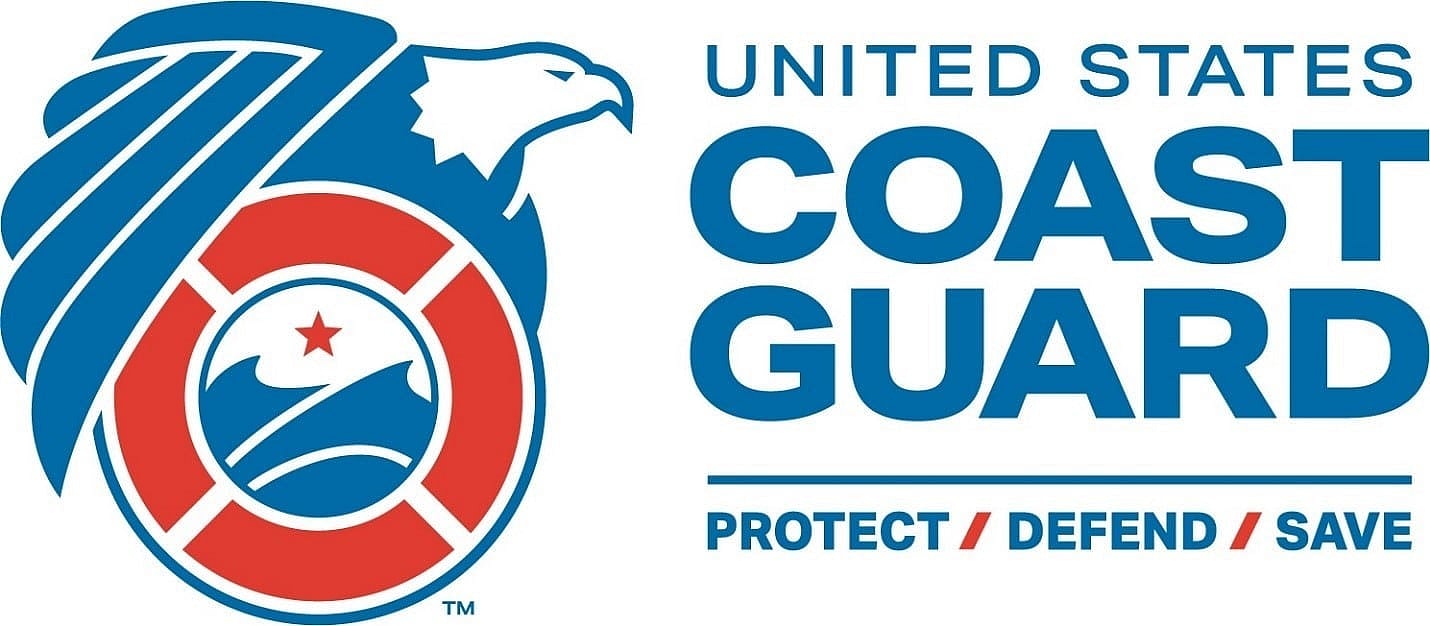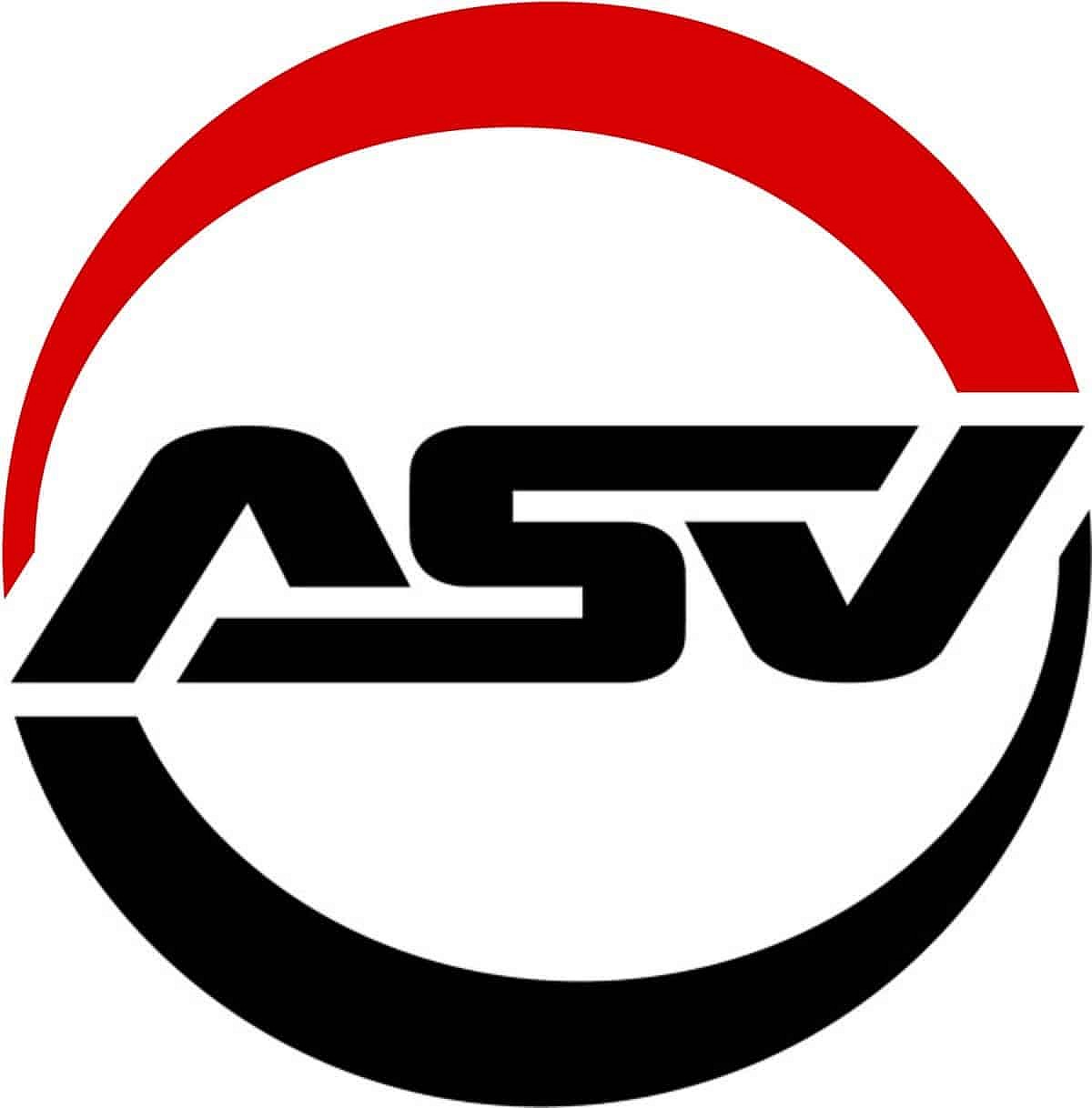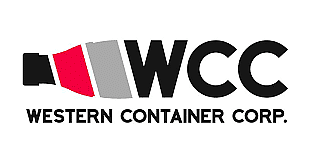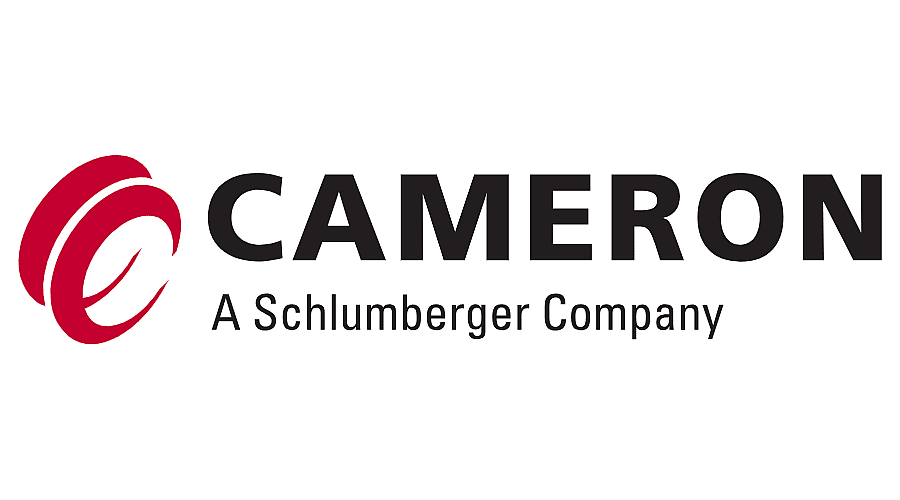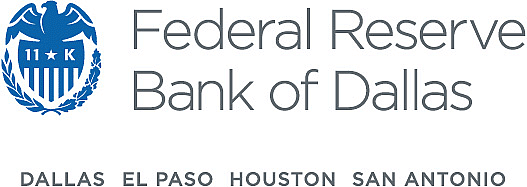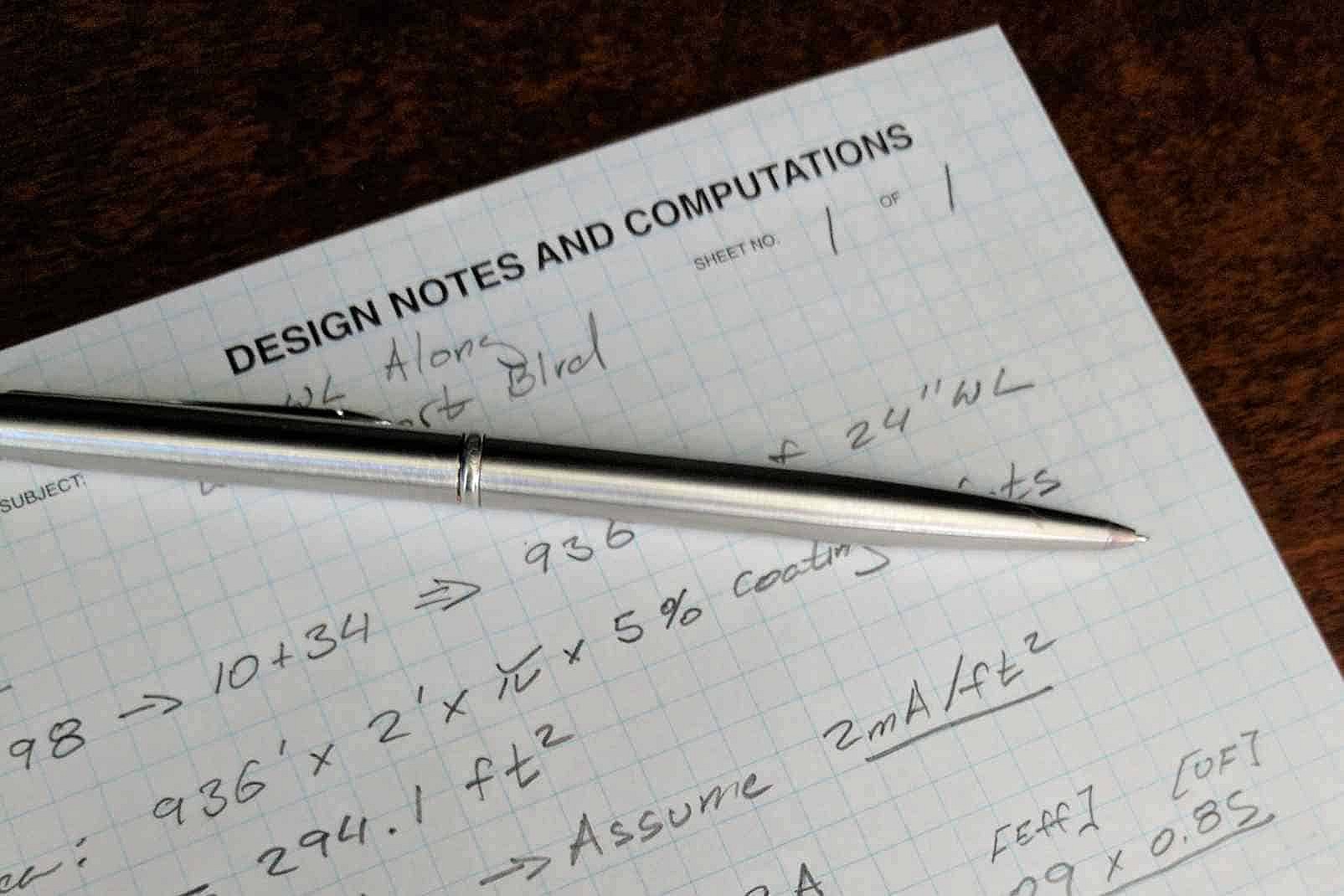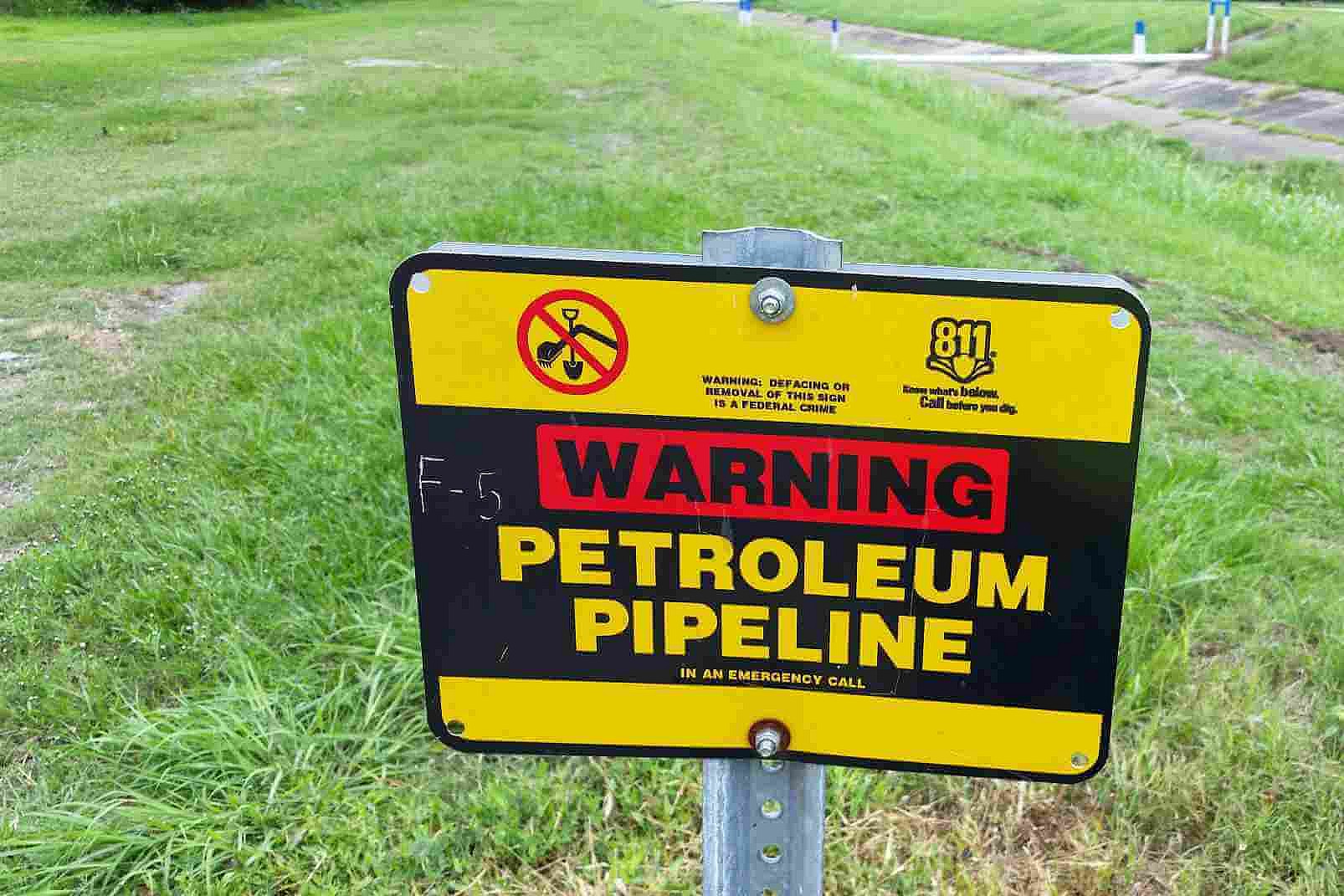Contact Us to Get Started
Let us know if you have any questions about a direct current voltage gradient survey. We will be happy to discuss your project and get you a quote.

When the protective coating over a pipeline is scratched and the metal starts to corrode, it can damage the whole system – and be detrimental to both the business and the environment. Direct current voltage gradient (DCVG) surveys from Dreiym Engineering are an effective way to identify corrosion within your system, so that it can be addressed.
Your pipelines need a protective coating to keep safe from corrosion over time. A DCVG survey from one of Dreiym’s cathodic protection specialists can help identify problem areas.
Pipelines are regulated by the Pipeline and Hazardous Materials Safety Administration, a division of the US Department of Transportation. DCVG surveys are an important step in advancing the safe transportation of oil, energy, and other potentially hazardous materials.
When the epoxy wears from your pipe, there is a holiday. There is no protection, and corrosion becomes a likelier occurrence. Holidays can form through normal wear and tear. They can also form in the process of moving pipes into place. The direct current voltage gradient survey checks the condition of the pipe so that you can remain aware of any potential vulnerabilities.
A standard three-man crew typically covers between 1.5 and 3 miles of pipeline per day, depending on the condition of your fields. When our team of cathodic engineers identifies a holiday, we tag it with a high accuracy GPS meter, and put a stake in the ground.
Our experienced engineers are there to walk you through the entire DCVG survey process and assist you with any resolutions that may be needed. Our team is led by a professional engineer with a Cathodic Protection Specialist (CP4) certificate.
We perform surveys in Texas, Louisiana, New Mexico, Oklahoma, and other nearby locations. When you go with Dreiym Engineering, you’ll have someone knowledgeable to talk with right away. Contact us today to find out more about how we can help you!
Let us know if you have any questions about a direct current voltage gradient survey. We will be happy to discuss your project and get you a quote.









